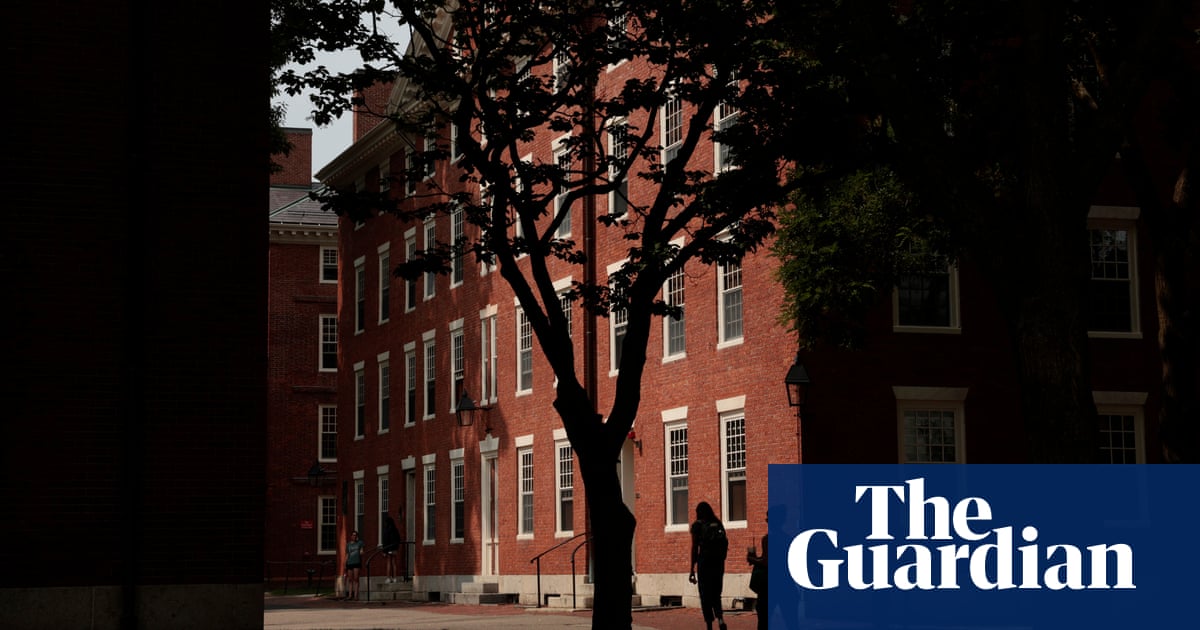Harvard University Expands Financial Aid to Tuition-Free for Many Families
Harvard will eliminate tuition costs for students from families earning under $200,000, pushing educational accessibility for lower-income families further.
Overview
Harvard University announced a significant expansion of its financial aid program, eliminating tuition for students from families with annual incomes up to $200,000 starting in the 2025-26 academic year. Notably, families earning less than $100,000 will have their full costs covered, including housing and health insurance. This move aims to increase accessibility for middle-income families amid rising tuition costs nationwide. With 86% of US families now qualifying for aid, Harvard joins other institutions like MIT and Penn in enhancing financial support for lower-income students. The school’s president, Alan M. Garber, emphasizes the enhancement of diverse experiences among students.
Content generated by AI—learn more or report issue.

Get both sides in 5 minutes with our daily newsletter.
Analysis
- Promotional offers for Hulu and Disney+ provide significant cost savings for consumers, making family-friendly content more accessible.
- The Hulu and Disney+ bundle allows subscribers to enjoy a diverse range of shows and movies, catering to different age groups and entertainment preferences.
- The flexible nature of streaming services like Hulu and Disney+ gives viewers the ability to access content on their own terms, including live TV options.
Articles (6)
Center (2)
FAQ
For students from families earning less than $100,000 annually, all billed expenses will be covered, including tuition, fees, food, housing, health insurance, travel costs, and other activities.
Previously, Harvard covered all expenses for families with incomes below $85,000. The new policy expands this to families earning up to $100,000, with additional support for those earning up to $200,000.
Approximately 86% of U.S. families will qualify for Harvard's financial aid under the new policy.
Harvard's expansion aligns with broader trends in higher education, where several elite schools have enhanced financial aid policies following the Supreme Court's decision on affirmative action. This move also addresses declining confidence in higher education and looming enrollment declines.
History
- 4M

 3 articles
3 articles





